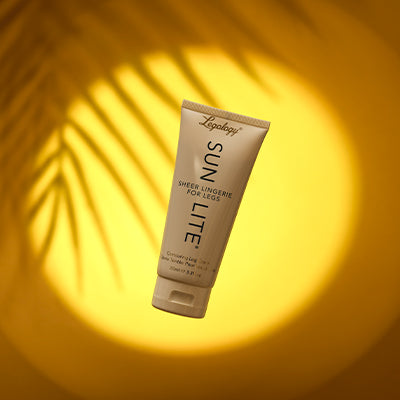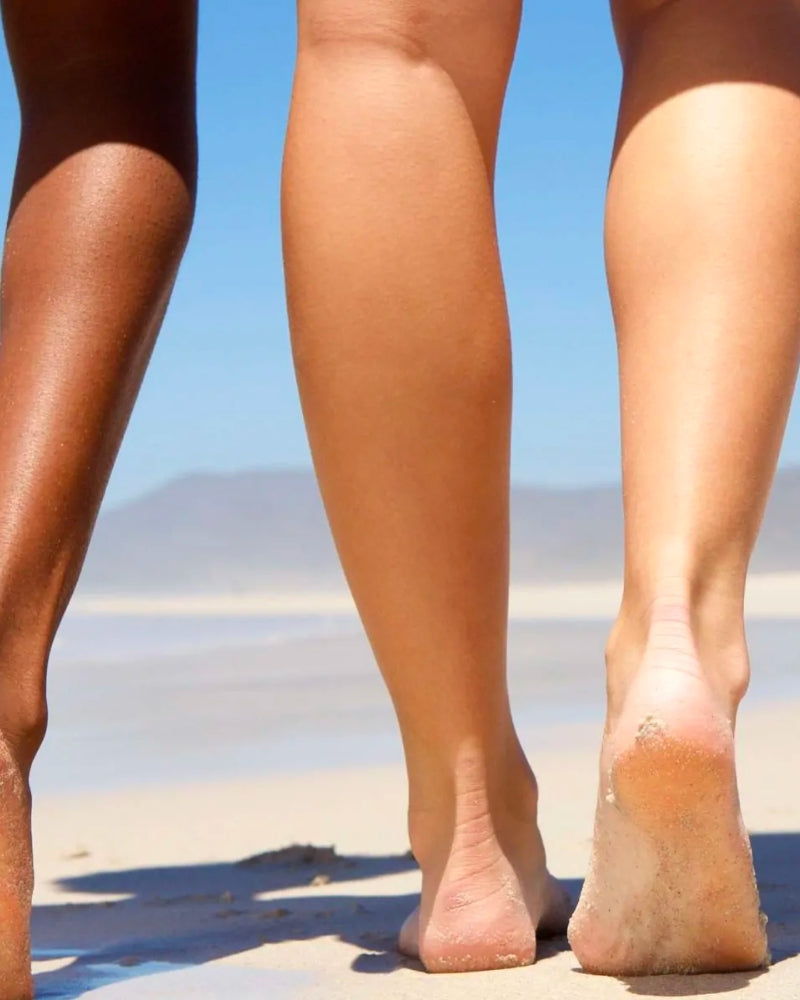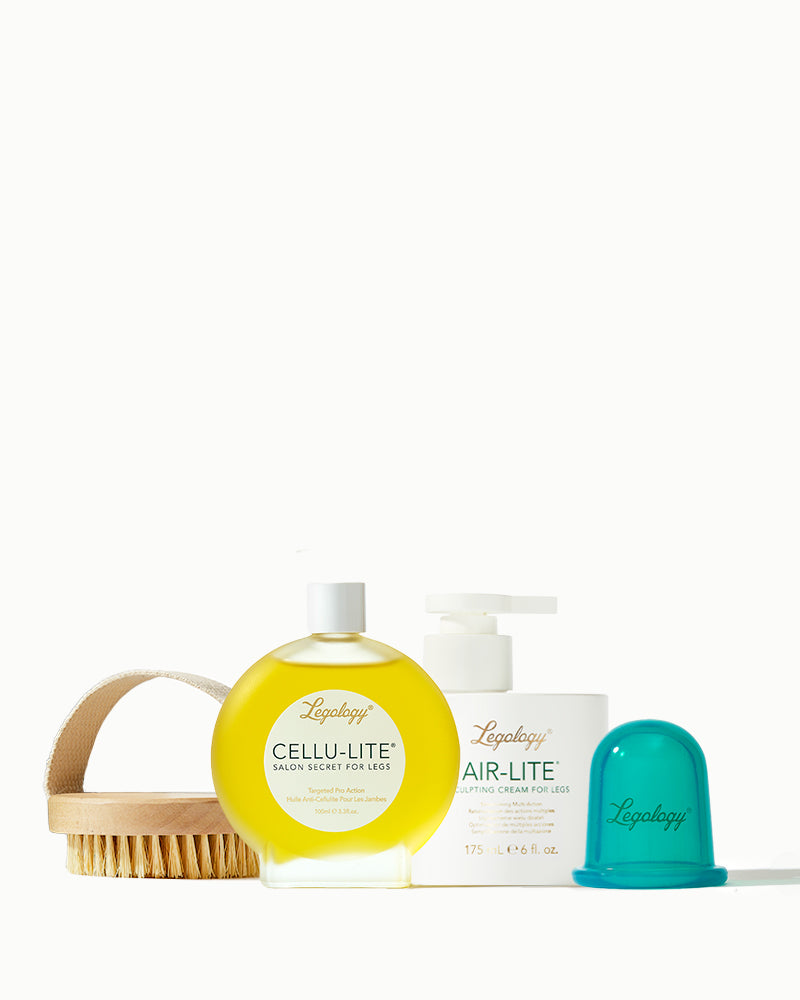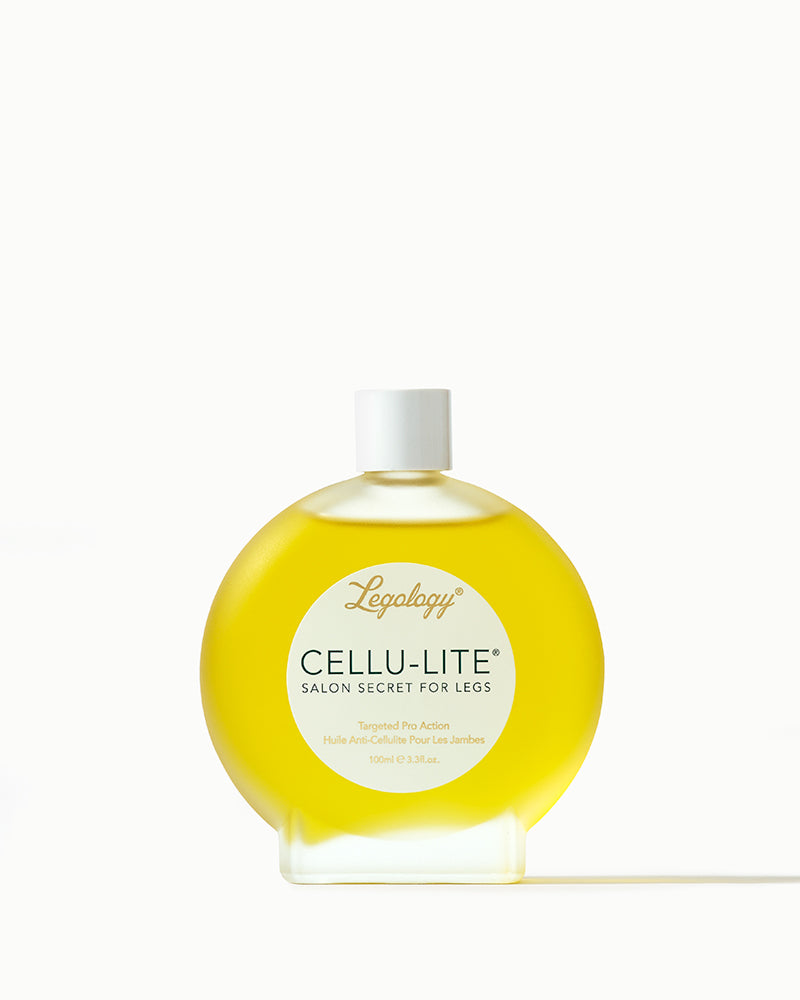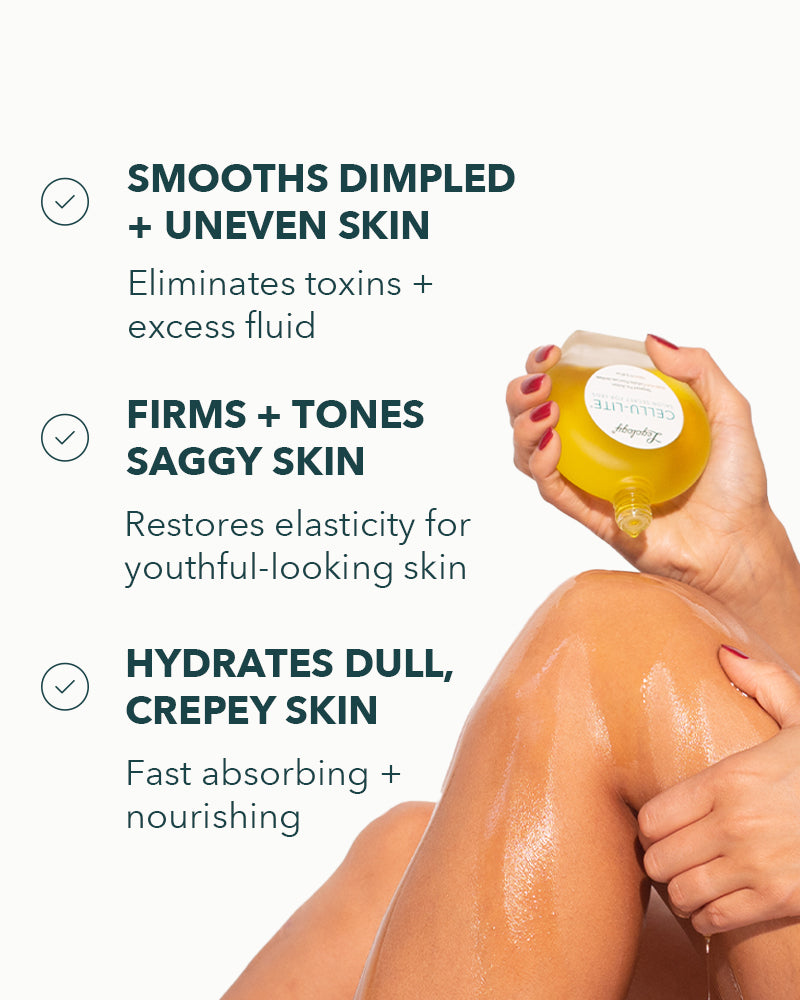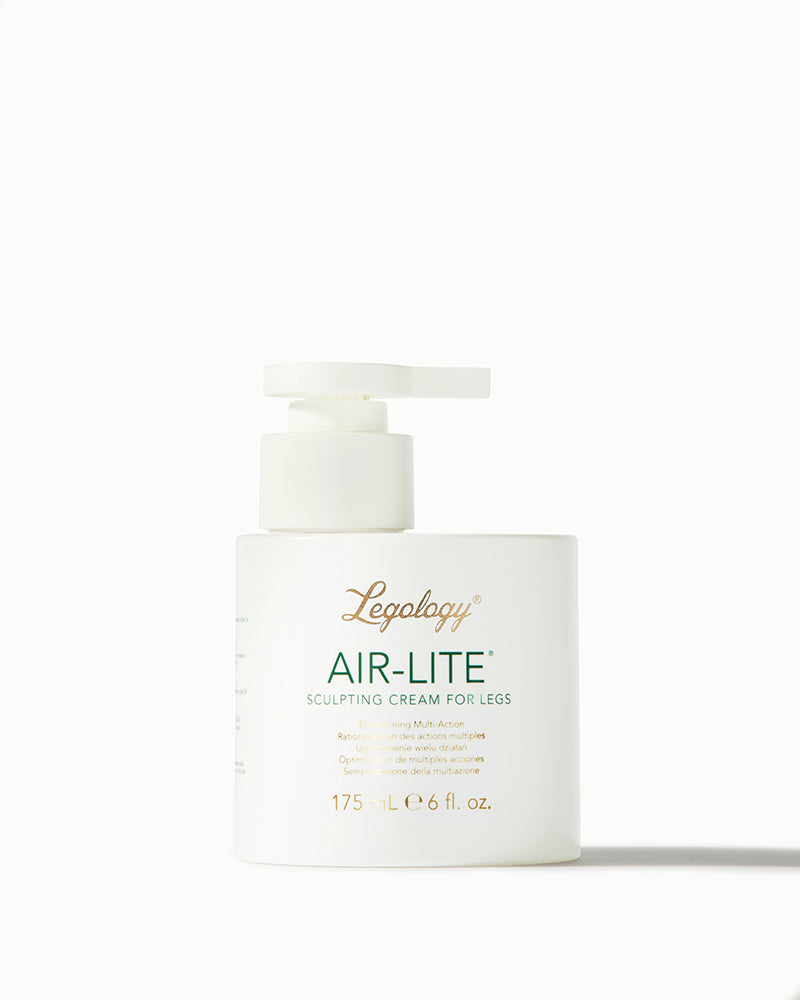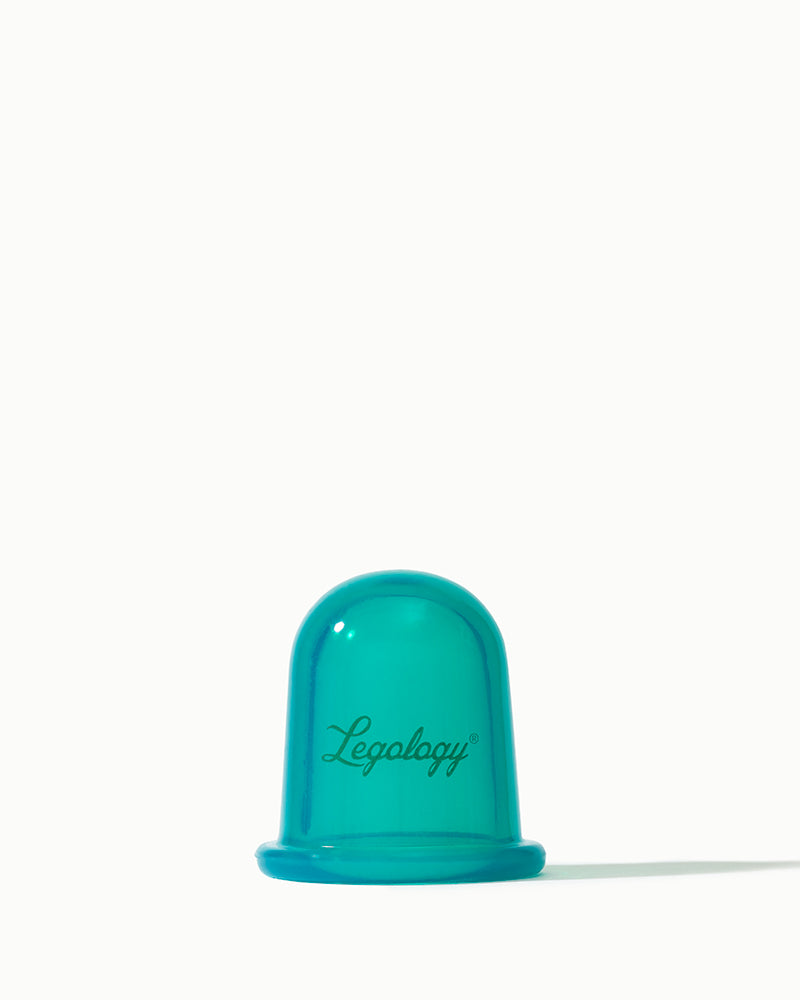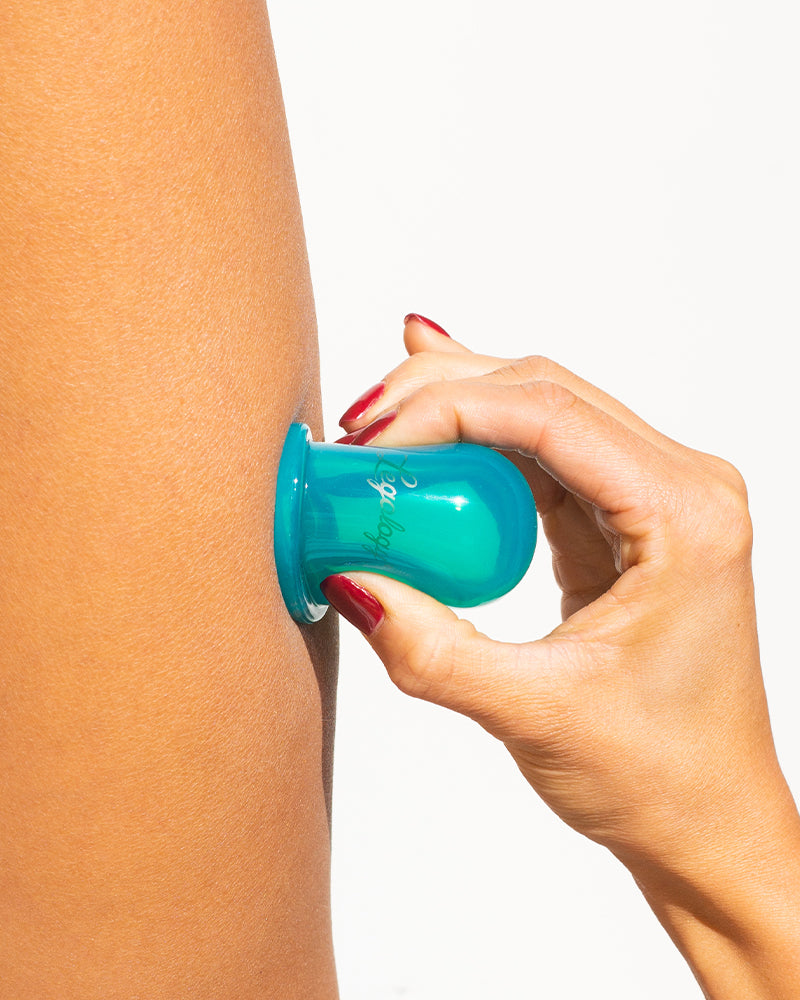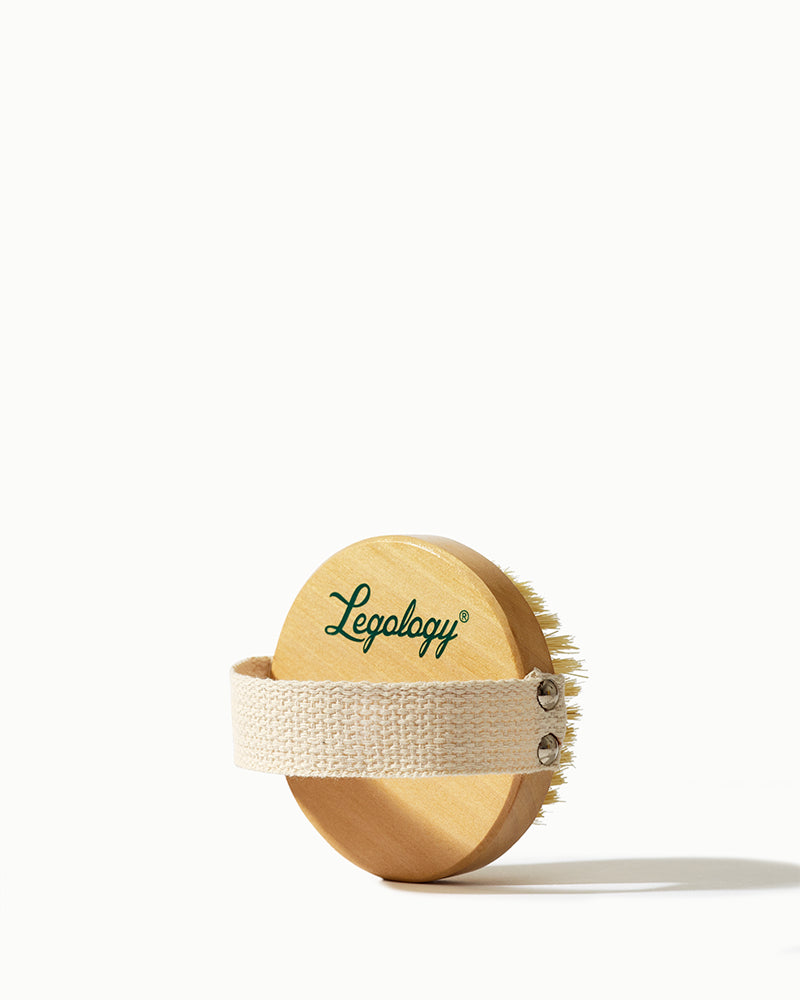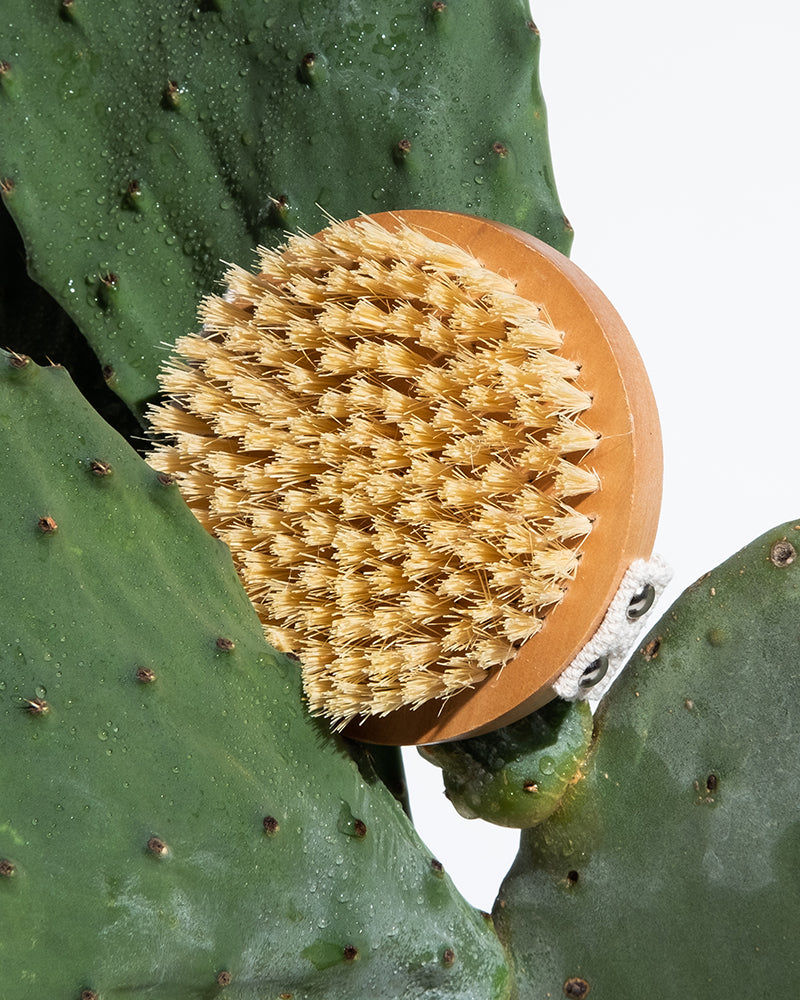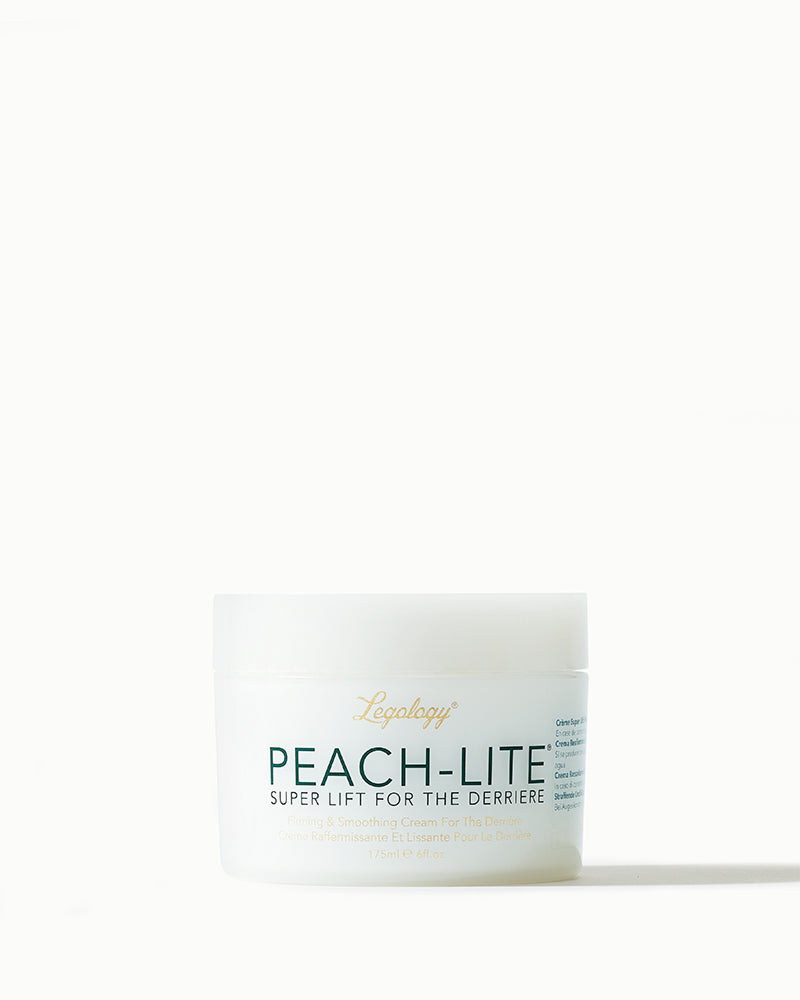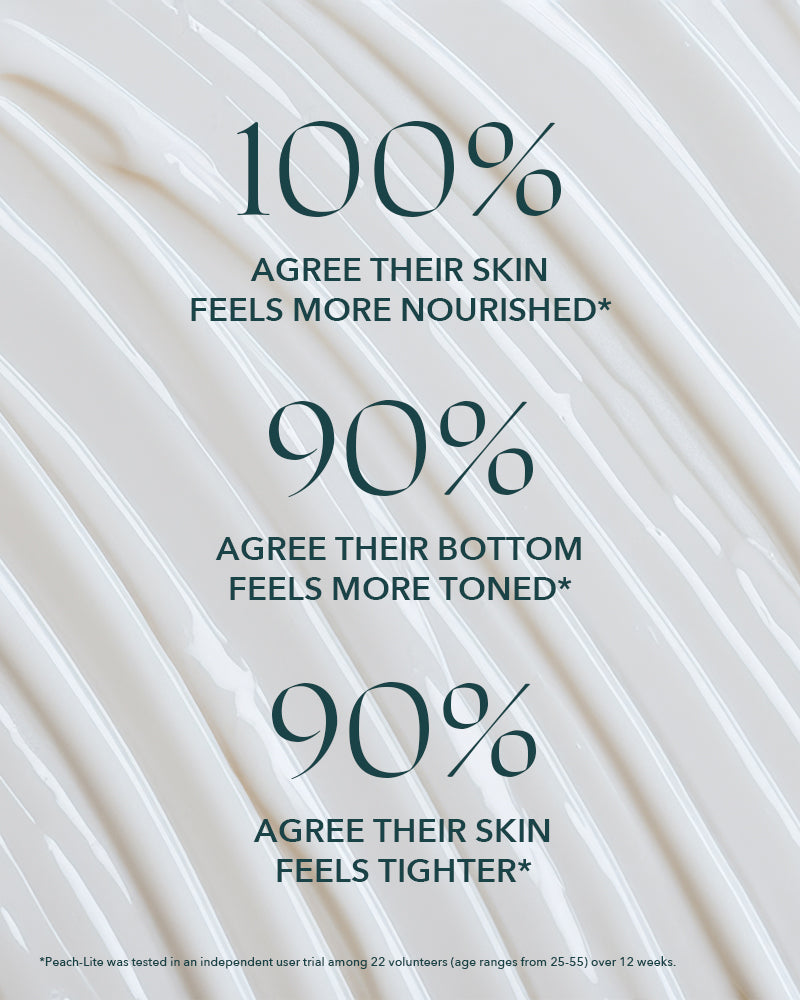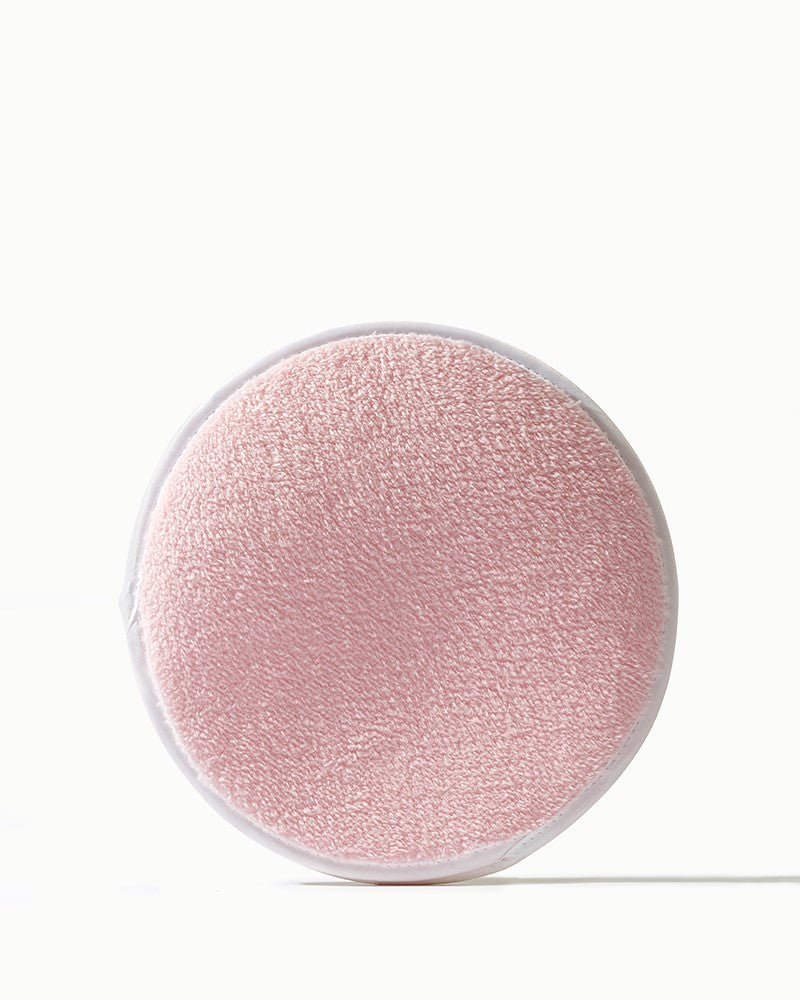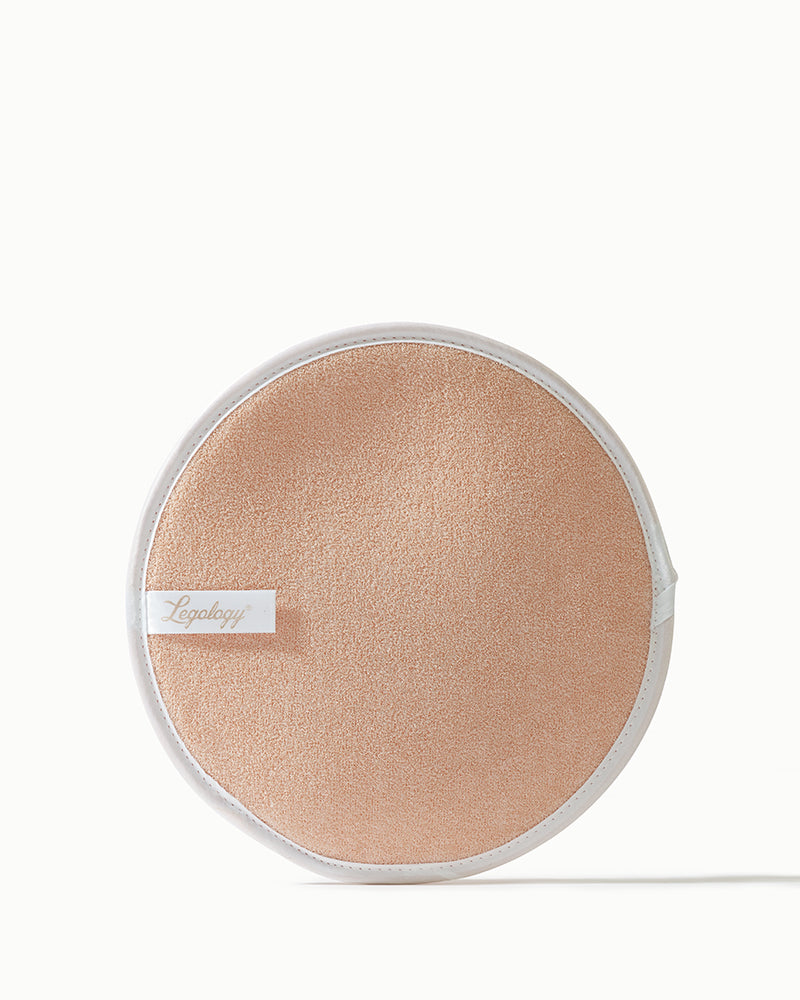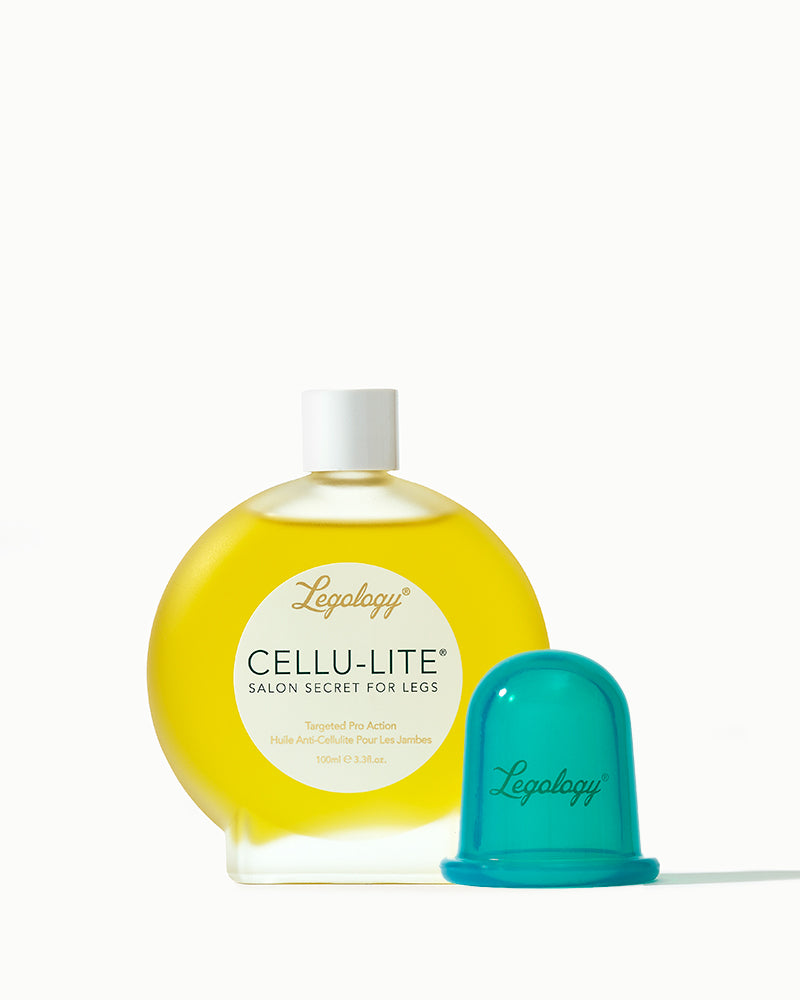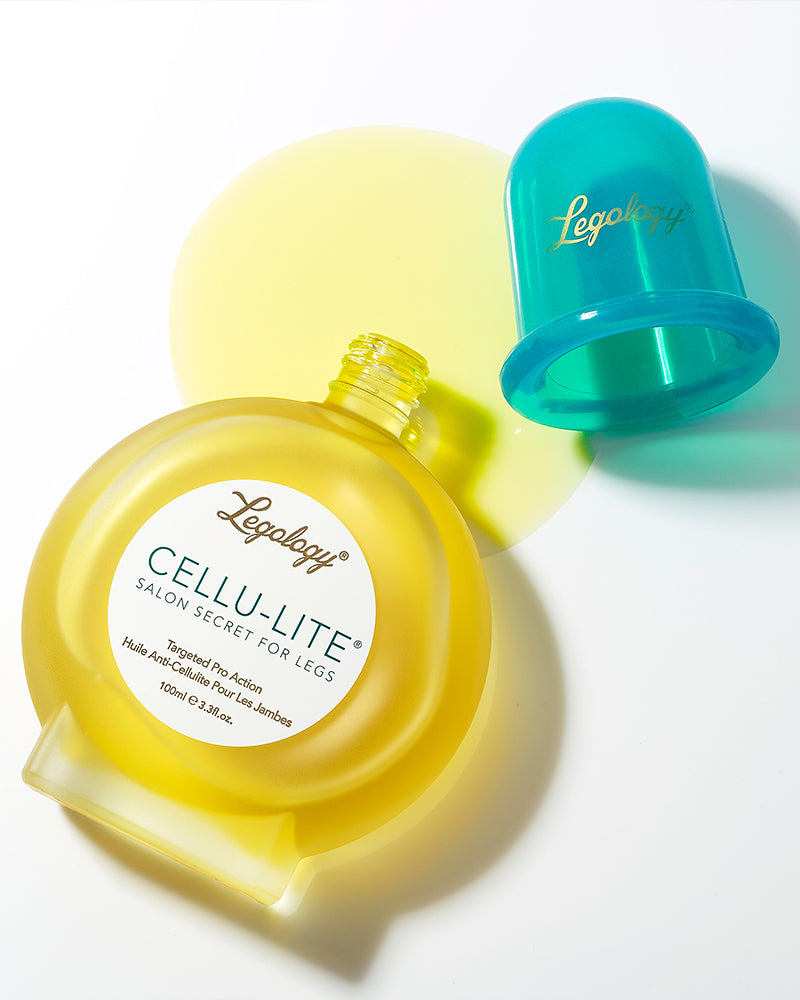New Science, Smoother Derrière?

An interesting report from the scientific community reveals that a new protein, which functions in the regulation of lipolysis in adipose tissue, has been discovered and named ‘desnutrin’. It has been found that this protein is activated by fasting and decreased by re-feeding, so could be one a new key in the understanding of weight loss and gain.
Exactly what this means (if anything) for the science behind cellulite and body sculpting products is yet to be known, but it could be particularly relevant for women who tend to gain weight (and notice their cellulite increase) during hormonally challenged chapters in their lives, especially the menopause and pregnancy when weight tends to fluctuate with hormones.
The relationship between hormones and cellulite is well documented and as far as I’m concerned another reason why we should never beat ourselves up over issues like cellulite and fluid retention (the two are intrinsically linked) – because very often these are out of our control.
Recently I read that the body releases a hormone called relaxin during pregnancy which is detrimental to the production of collagen, another contributor to cellulite.
So where tackling cellulite and fluid retention goes, the aim should be improve on the status in a lifestyle way that includes products, diet and activity, and helps you feel good and better about yourself, not negative and at war with yourself. This is the Legology way.
Female buttocks, unfortunately, create the perfect storm for cellulite. While hormones and genetics have a hand, a mix of risk factors from collagen production to connective tissue make women much more likely to get cellulite. The reason for the gender disparity lies in how men and women’s skin are shaped. Under your skin are bands of tissue called septae. In men, these tissues are made of collagen fibres which run criss-cross. In women, these fibrous bands run more parallel making it easier for fat cells to push through them.
Another risk factor for cellulite is poor circulation. Poor circulation to the upper thigh and bottom cause the blood vessels to leak lymphatic fluid which leads to body fat cells being engorged as they absorb the fluid and surrounded by excess fluid. As your skin weakens with age, these cells begin to push through, and the upshot of that is that your skin dimples as cellulite.

Peach-Lite Super Lift For The Derriere, our new buttock-beautifying cream, is packed with ingredients that help to restore skin suppleness and prevent the degradation of collagen. We added antioxidant polyphenols, vitamin E and pomegranate to help with this (they also help to drain away excess fluid that makes the upper buttocks especially look puffy) with tightening and firming emollients peach oil, mango butter and macadamia oil.
If you’re looking to address cellulite alongside shape I recommend applying my Cellu-Lite oil before you apply Peach-Lite, and use your body brush daily for exactly the same reasons you do for your legs – promoting the lymph and helping to clear away the trapped fluid that contributes to bloat and cellulite.
Combine that approach with some gentle diet tweaks – reducing white carbs (starch), sugar and:
- avoiding high-sodium foods: sodium causes cells in the body to retain fluids. This flushed skin will make cellulite more apparent.
- getting sufficient vitamin C: beside its purported abilities to help you get over a cold, this vitamin is also crucial in the production of collagen, the fibres that keep your skin strong. Being diligent about ingesting vitamin C daily will help replace lost collagen as you get older.
- avoiding high-sugar foods: This should go unsaid. As you should know, high sugar foods, when processed in the body, are converted into fat. The more fat you accumulate, the more likely you will get cellulite because there are more fat cells to create the opportunity.
If you’re aiming to lose weight as a remedy to cellulite do it in a controlled manner. If you are in your late 30’s and older, losing a lot of weight in a quick amount of time may actually lead to more cellulite as the skin is made more lax from the loss of weight.

